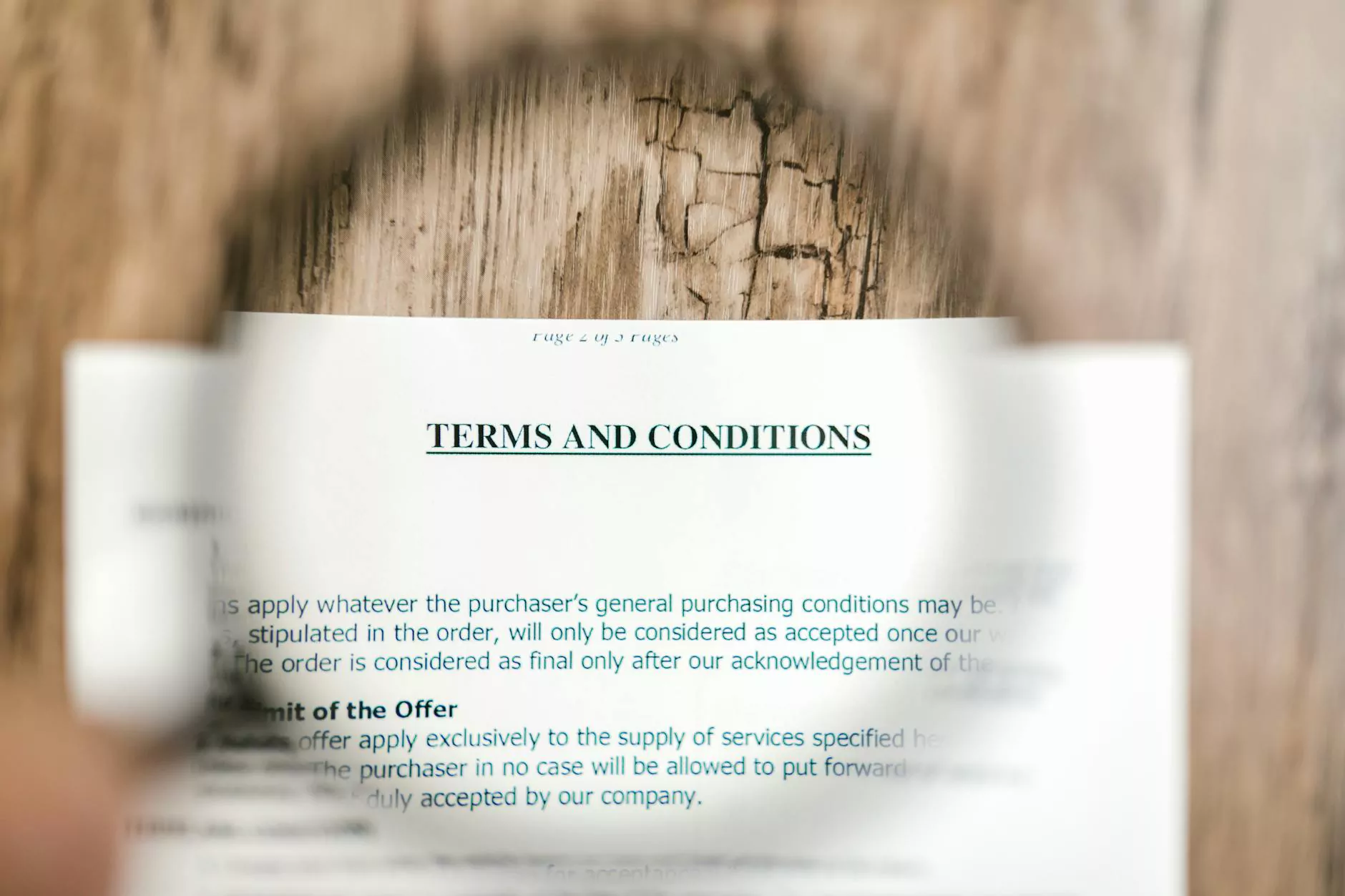Understanding Data Compliance: A Key to Successful Business Practice

Data compliance is an essential element of modern business operations, especially in an increasingly digital world. As businesses generate, store, and process vast amounts of data, understanding the regulatory requirements surrounding data perils becomes crucial. This article aims to delve into the significance of data compliance, particularly in IT services and data recovery. We will explore why it matters, the challenges businesses face, and how compliance can be maintained effectively.
What is Data Compliance?
Data compliance refers to the adherence of businesses to various laws, regulations, and guidelines when handling data. The primary goal of these regulations is to ensure that data is managed responsibly and that individuals' privacy rights are protected. Some well-known data compliance regulations include:
- General Data Protection Regulation (GDPR) - A comprehensive data protection law in the EU that governs the processing of personal data.
- Health Insurance Portability and Accountability Act (HIPAA) - A US law that protects sensitive patient health information.
- California Consumer Privacy Act (CCPA) - A law that enhances privacy rights for residents of California.
- Payment Card Industry Data Security Standard (PCI DSS) - A set of security standards designed to ensure that companies that accept, process, store, or transmit credit card information maintain a secure environment.
The Importance of Data Compliance in Business
Ensuring data compliance is not merely a legal obligation; it is a vital aspect of a company's reputation and credibility. Here are several reasons why data compliance should be a priority for businesses:
1. Trust and Reputation
Compliance fosters trust between a company and its stakeholders. When clients and customers know that their data is being handled securely and responsibly, they are more likely to engage with the business.
2. Avoiding Legal Consequences
Non-compliance can lead to severe penalties, fines, and legal actions that can jeopardize a business's operation. For example, GDPR fines can reach up to €20 million or 4% of a company’s global annual turnover, whichever is higher.
3. Enhanced Data Security
Efforts to comply with data regulations involve implementing robust data protection measures, which in turn enhance the overall security infrastructure of the business.
4. Competitive Advantage
Businesses that prioritize data compliance can differentiate themselves from competitors. They can position themselves as trustworthy entities, thereby attracting more clients.
Challenges in Maintaining Data Compliance
While the benefits of compliance are clear, various challenges can obstruct companies from achieving full data compliance:
1. Complexity of Regulations
The multitude of regulations can be overwhelming, particularly for small to medium-sized enterprises (SMEs) that might lack the resources to fully understand and implement the necessary compliance strategies.
2. Rapidly Changing Requirements
Data compliance laws are subject to frequent changes as technology evolves. Staying updated with these amendments requires a dedicated effort, continuous training, and sometimes significant investment in resources.
3. Technology Integration
Many businesses rely on different IT systems and software. Ensuring that all these systems comply with data regulations can pose a significant challenge.
Best Practices for Achieving Data Compliance
To navigate the complexities of data compliance, businesses can adopt several best practices:
1. Conduct Regular Audits
Regular compliance audits can help a business identify gaps in its data management practices. By evaluating current procedures, businesses can ensure they meet all compliance requirements.
2. Train Employees
Employee training is crucial in promoting an organizational culture that prioritizes data protection. Conducting training sessions on compliance protocols and data security can empower employees to handle data responsibly.
3. Implement Strong Data Governance Policies
Establishing clear data governance policies that outline how data should be collected, stored, processed, and shared will foster compliance. A well-defined policy helps in creating accountability within the organization.
4. Leverage Technology
Utilizing advanced data management technology can simplify compliance efforts. Data encryption, automated compliance solutions, and secure access controls can significantly mitigate risks.
5. Engage Legal Experts
Consulting with legal experts who specialize in data compliance can help businesses navigate the regulatory landscape and ensure they are taking all necessary actions to comply with applicable laws.
The Role of IT Services in Data Compliance
In the business environment, IT services play a pivotal role in ensuring data compliance:
1. Data Security Solutions
IT service providers can help businesses implement stringent security protocols, such as firewalls, antivirus software, and intrusion detection systems, that help protect sensitive data from breaches.
2. Data Backup and Recovery
In case of data loss, whether due to a cyberattack or system failure, robust data recovery solutions are crucial. Ensuring that all data is regularly backed up and easily recoverable is a key component of compliance, particularly under laws such as HIPAA and GDPR.
3. Regular Updates and Patching
Keeping software up-to-date is vital to maintaining security and compliance. IT service providers can manage software updates and patches regularly to prevent vulnerabilities.
Data Recovery and Compliance: A Critical Connection
In the realm of data recovery, compliance issues can arise if businesses fail to adhere to protocols when recovering lost or damaged data. Here are some key points to consider:
1. Compliance During Recovery
Data recovery processes must ensure that data is handled in compliance with relevant regulations. For instance, sensitive customer data must remain confidential, even during recovery procedures.
2. Documentation and Reporting
Having a documented process for data recovery is essential not only for operational efficiency but also for compliance audits. Proper records can demonstrate adherence to regulations.
3. Partnership with Reputable Recovery Services
Choosing a reliable data recovery service that prioritizes compliance can help businesses mitigate risks associated with non-compliance.
Conclusion: Prioritizing Data Compliance in Your Business
As the digital landscape continues to evolve, the significance of data compliance cannot be overstated. Businesses that prioritize compliance not only safeguard themselves from legal repercussions but also enhance their credibility and trust among customers. By implementing best practices, leveraging IT services, and focusing on effective data recovery strategies, organizations can navigate the complexities of data management and ensure robust compliance.
For businesses in the field of IT services and data recovery, integrating thorough knowledge of data compliance into their offerings is essential. This not only protects their clients but also positions the business as an industry leader focused on responsible data management.









